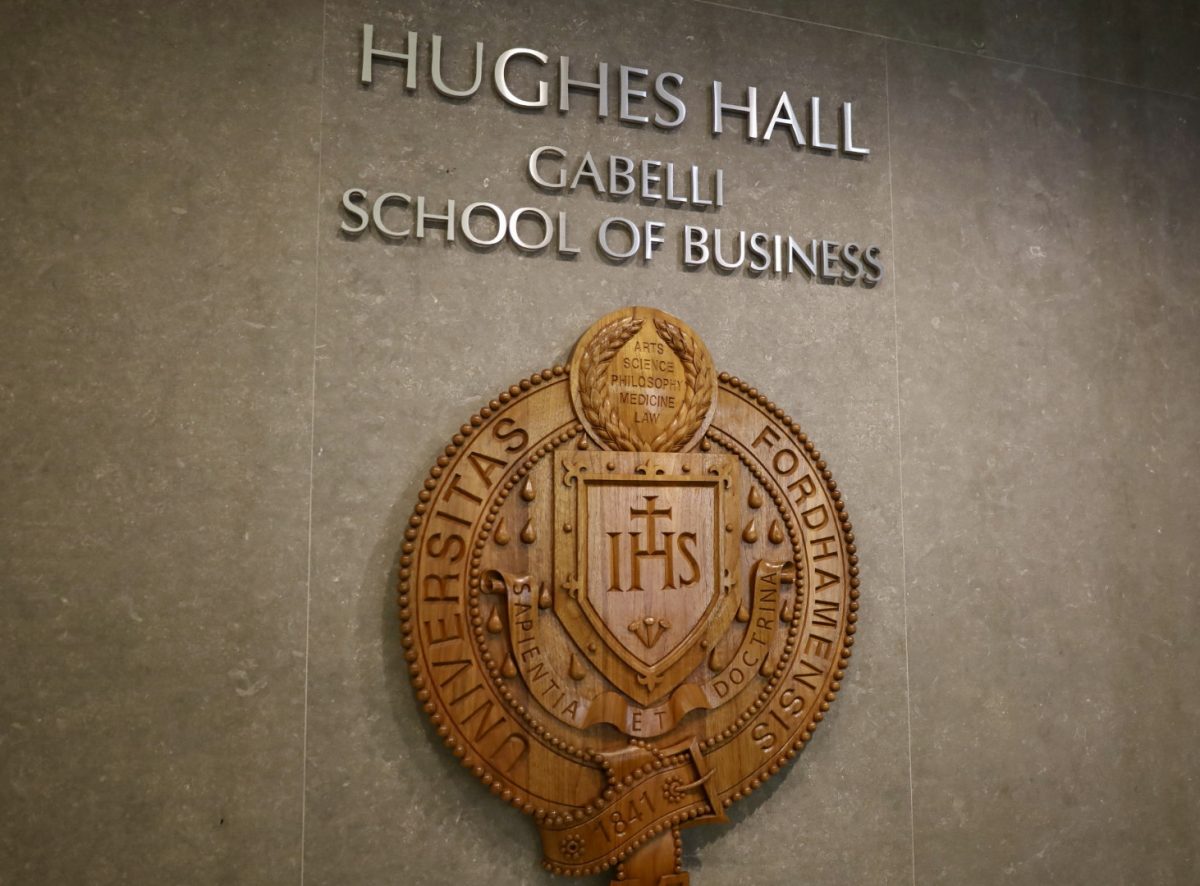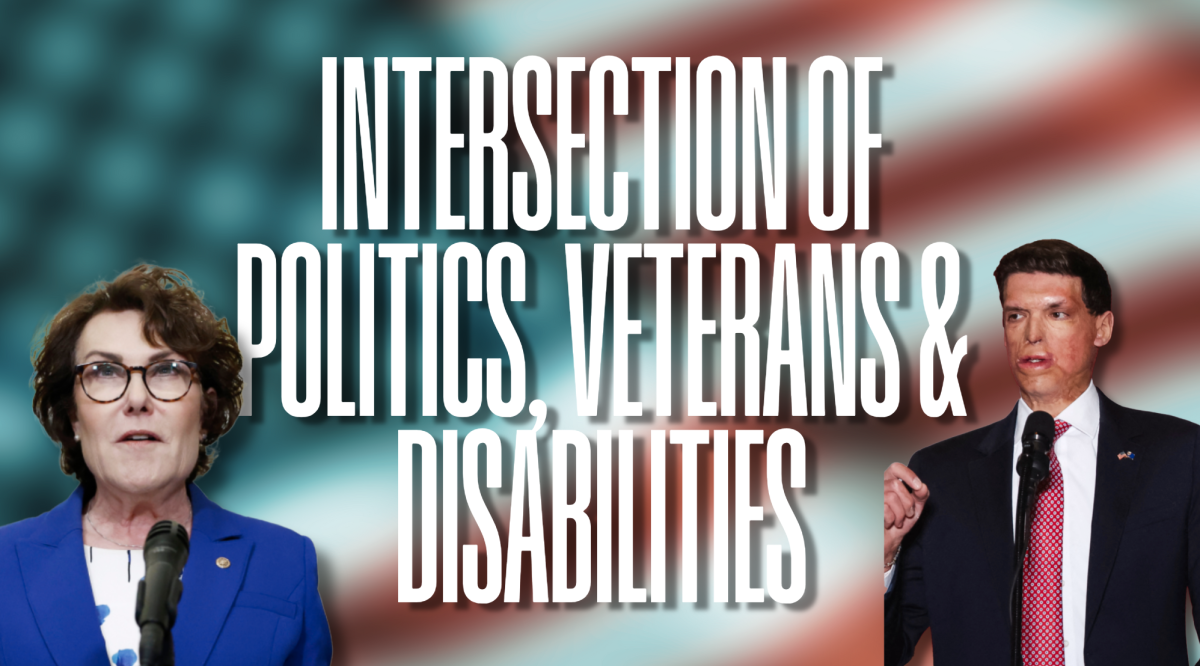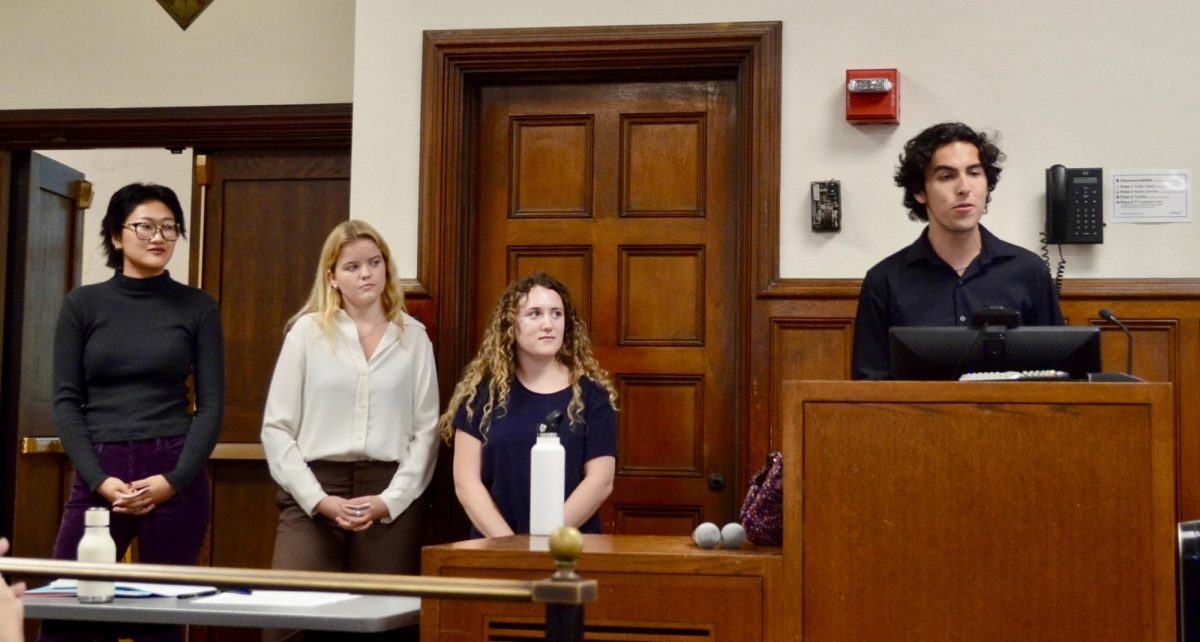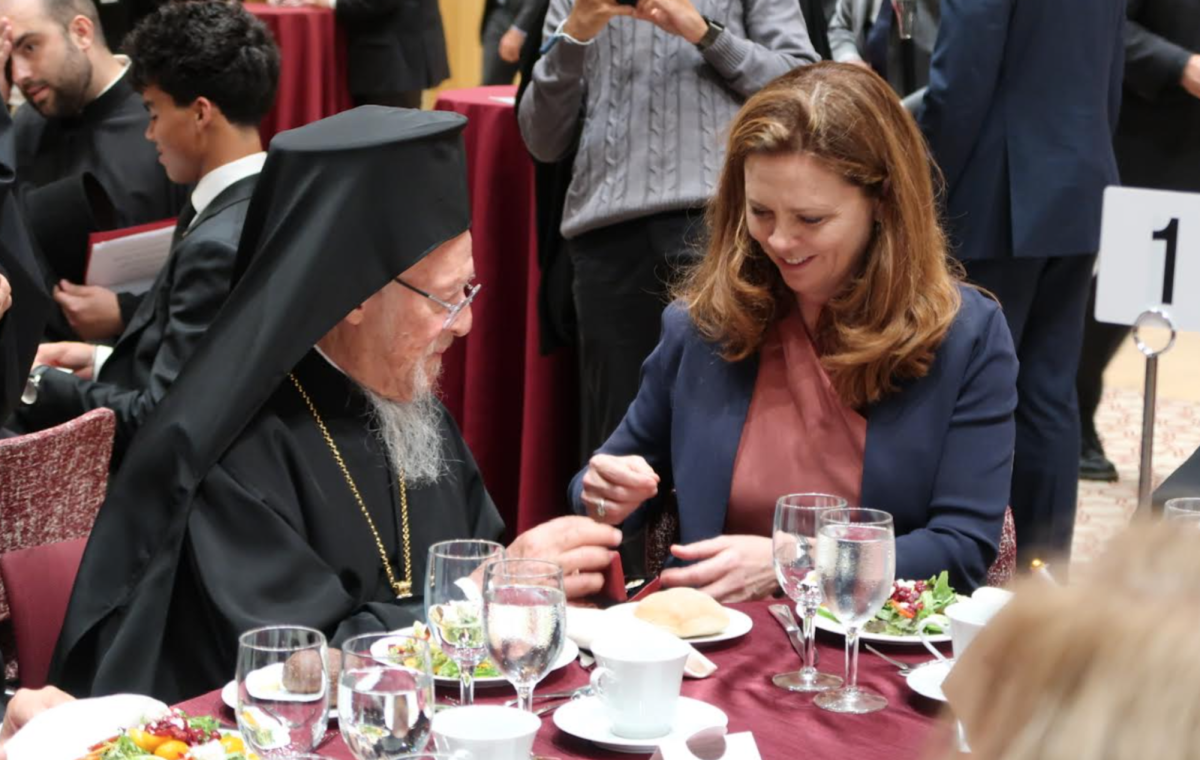There is something rewarding in completing research, and there is something even more rewarding in the act of winning. Aishna Gaikwad, GSB ’26, has conducted numerous research projects for her classes involving business. Her research at Fordham University began in her Ground Floor business class in her first year. It continued that year with her research in her history class revolving around the financial state of the United States. Gaikwad has continued to engage in research, and last semester, she won the Consulting Cup.
“Ground Floor” is a class taken by Gabelli School of Business students, typically during their first-year. The course introduces students to major ideas involving business and aims to familiarize them with some of the problems they will have to tackle in the business world. Gaikwad explains that the class is essentially split into two projects. The first project involves analyses and research of a specific brand, understanding everything about it to gain a perspective on the problems that the brand may face as a business. The second project has groups of students in the class create their own company, also based on research.
In reference to her “Ground Floor” class, Gaikwad notes that the second project was a lot more research-intensive for her because her group had to make the company extremely detailed. This attention to detail was so extensive that if someone wanted to turn the project into a real company, they would have all the research done, and it would be possible to do so.
The company Gaikwad and her group came up with was an environmental, social and governance (ESG) based company, which they named “Green Eats.” The company uses the push towards increasingly environmentally aware policies and actions in order to profit in the restaurant industry.
Gaikwad states that she began by researching Tesla and used it as a model for their research because it was the catalyst for the ESG industry. Gaikwad and her group also went to Arthur Avenue to gather research from real restaurant owners about how they would interact with a company that offered them the label of being environmentally friendly.
Through more research about Tesla and the ESG industry, Gaikwad and her group understood the motivation behind being environmentally friendly for most businesses was because they could promote this factor to profit. For example, makeup and skincare brands put the label “cruelty-free” on their products, which encourages people to support them in order to weed out some of the unethical competing brands on the market.
Using the idea of the ESG industry and the research gathered from real restaurants, Gaikwad and her peers would give certificates to those who bought organic food from their company, thus showing the public that they were focusing on supporting clean farming. Their project was research-fueled from start to finish, as the purpose of “Ground Floor” is to participate in business research to gain an understanding of the business world.
Aside from her “Ground Floor” class, which was explicitly business-oriented, Gaikwad states that she did research for her first-year “American History” class and put a business spin on her chosen topic. She explains that she took the history class taught by Professor Oliver Murphy because she thought it would be an easy A. However, Gaikwad says it ended up being a class in which she had to dedicate a lot of time and effort into writing a worthwhile paper that contributed to her overall field of study, finance.
The topic of research that Gaikwad chose was to compare the impact of the Great Depression to the impact of the recession in 2008, while simultaneously looking at the influence that the Federal Reserve has on the economy. Gaikwad breaks down this explanation by saying that “both organizations can make decisions at the same time to fix problems, but sometimes they do contrasting things which makes the problem worse,” and this is when specifically the Great Depression became an issue in America.
Gaikwad says that she went to the history department in Dealy Hall during her professor’s office hours and looked through the many books available on American history, trying to find perspectives that would expand her research. She states that she had “never done anything like that before,” explaining that the paper was the most extensive piece of research she had done at the time.
Gaikwad recounts that this past semester, she participated in the Consulting Cup Integrated Project, a class focused around a competition. She described the Consulting Cup as “the biggest [business] opportunity students have in their sophomore year.” The Consulting Cup is a contest involving business students from both the Rose Hill and Lincoln Center campuses at Fordham, where the students are put into groups and must find a Fortune 500 company that is facing a problem and further find a solution to fix that problem. For this project, Gaikwad and her group chose Hanes.
The group’s research explicitly targeted female audiences when they realized Hanes did not have female intimates on the market. This research included how brands like Victoria’s Secret promoted and went about releasing their numerous lines of women’s intimates. Gaikwad explains that she “was in charge of doing the finance research because [she] is a finance major.” In order to research for the project, Gaikwad ran cost analysis and benefit analysis studies on these major brands that released women’s fashion, specifically women’s intimates.
The group gave Hanes a new line of women’s intimates titled “Hanes for Her,” and aimed to reach the hypothetical demographic of women from age 18 to 28 with more trendy styles and customizable options. Ultimately, Gaikwad’s team won the contest, and she states that it “was a really big deal,” noting how rigorous the judging process was and how many teams her group was competing against.
Gaikwad says that every form of research, while not all aligning with her major, taught her something different. The history paper she wrote on the financial operations within America taught her how to use and find a trustworthy source and get information on a specific topic. Further, the business projects she worked on gave her skills that she states she will use in her future career pathways, such as learning how to work on a team. The business projects made her generally more knowledgeable and helped her gain a perspective and understanding about the business world in a hands-on way.








































































































































































































